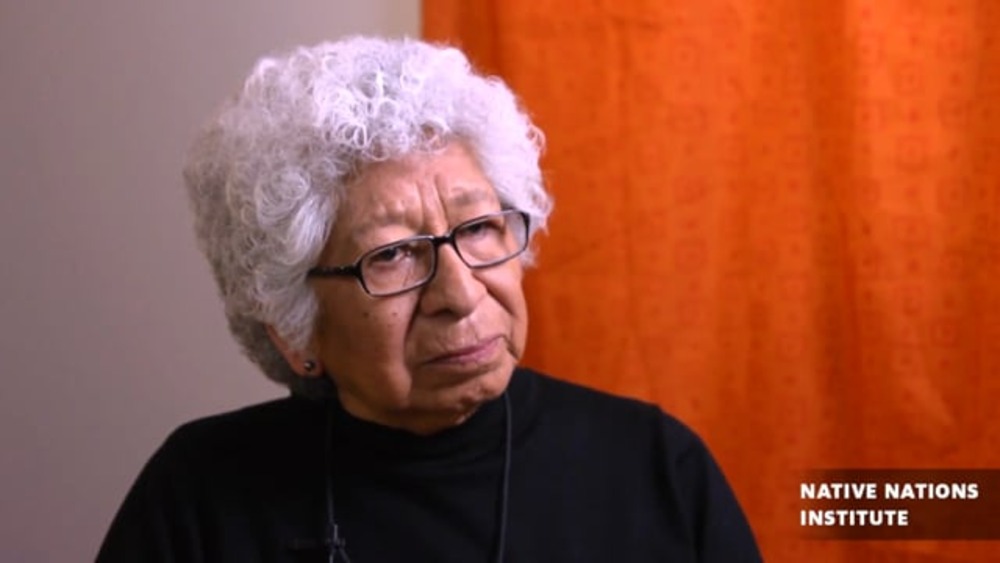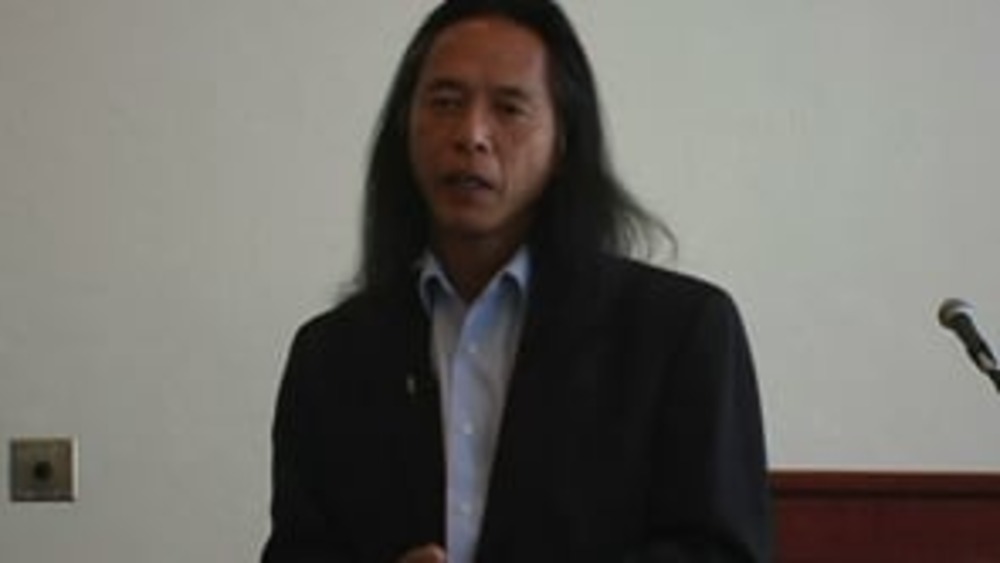Chairman Archambault’s wealth and breadth of knowledge and experience in the tribal labor and workforce development arena is unparalleled. He currently serves as the chief executive officer of one of the largest tribes in the Dakotas, leading 500 tribal government employees and overseeing an array of tribal departments and programs, including Higher Education, TERO (Tribal Employment Rights Office), the Tribal Work Experience Program (TWEP), and the Workforce Innovation and Opportunity Act (WIOA) program.
He also oversees the Tribe’s economic activities, including its effort to create more local job opportunities for the Standing Rock Sioux people. Prior to becoming Chairman, Archambault successfully directed the Department of Labor’s signature workforce development program, TCC DeMaND, a regional consortium of tribal colleges led by United Tribes Technical College that pools expertise and resources towards meeting critical needs in Indian Country while addressing the challenges of unemployment and workers impacted by changing economic conditions.
In this interview for Leading Native Nations, Chairman Archambault offers his insights regarding effective, elected leadership and shares examples of tribal governance changes implemented during his administration to ensure the vitality of the Standing Rock Sioux Tribe.
Additional Information
Chairman Dave Archambault II, "Laying the Foundation for Tribal Leadership and Self-governance," Interview, Leading Native Nations interview series, Native Nations Institute for Leadership, Management, and Policy, University of Arizona, Tucson, AZ, February 22, 2016.
Chairman Archambault's wealth and breadth of knowledge and experience in the tribal labor and workforce development arena is unparalleled. He currently serves as the chief executive officer of one of the largest tribes in the Dakotas, leading 500 tribal government employees and overseeing an array of tribal departments and programs, including Higher Education, TERO (Tribal Employment Rights Office), the Tribal Work Experience Program (TWEP), and the Workforce Innovation and Opportunity Act (WIOA) program. He also oversees the Tribe's economic activities, including its effort to create more local job opportunities for the Standing Rock Sioux people. Prior to becoming Chairman, Archambault successfully directed the Department of Labor's signature workforce development program, TCC DeMaND, a regional consortium of tribal colleges led by United Tribes Technical College that pools expertise and resources towards meeting critical needs in Indian Country while addressing the challenges of unemployment and workers impacted by changing economic conditions.
Transcript
Transcript available upon request. Please email: nni@email.arizona.edu



